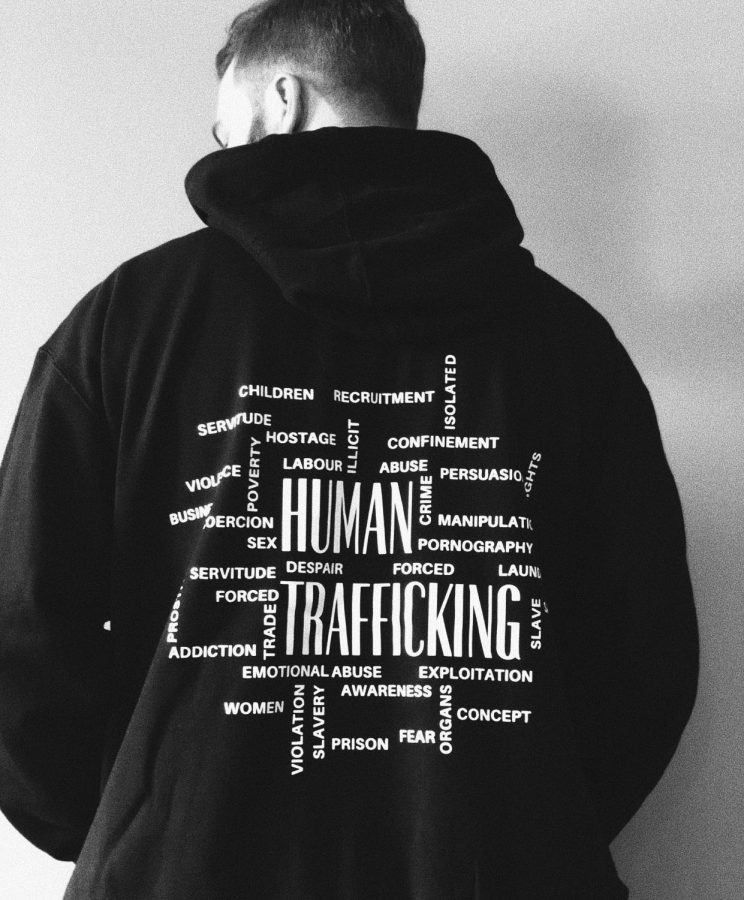Human Trafficking Awareness Month
February 3, 2023
It’s estimated that 25 million people across the globe are victims of human trafficking. These individuals are most commonly introduced to The Life, a term used to identify the subculture of prostitution, or to commercial human trafficking through emotional coercion and manipulation. All ages, demographics, sexes, and sexualities can be targeted, and are used to facilitate this illegal industry. It is currently the largest growing form of organized crime in the United States, raking in nearly $150 billion a year. Annually since 2010, the president has deemed January as the National Human Trafficking Prevention Month.
The Department of Homeland Security describes human trafficking as a crime involving “the use of force, fraud, or coercion to obtain some type of forced labor including domestic servitude, or commercial sex acts.”
Despite millions of people having to live in this system, only 1% of victims are identified. What has made it so difficult for victims to leave their abusers or pimps is what the Landing, a Houston based human trafficking support and advocacy center, identifies as psychological coercion in which “[Traffickers reinforce] shame, isolation, intense trauma bonds, and a fear of retaliation.”
Additionally, victims can also be subject to social stigma or risk of criminalization, thus discouraging them from seeking escape of help. In some situations, it’s even possible a victim hasn’t realized they are being trafficked.
Common signs that teenagers are more likely to encounter are interactions with strangers online who offer emotional, financial, or material support. It is important to note publicly displaying your location can increase risk of trafficking. With the rise of social media and the internet, it is critical to stay vigilant of modern signs of possible human traffickers.
Currently, over 300,000 human trafficking victims are taken advantage of, abused, and sold in Texas, with 80,000 being minors. Organizations such as the Landing have created safe spaces and programs for victims to find comfort and support. Additionally, the Landing hopes prevent trafficking before it even happens by advocating and providing more educational resources on the subject.
If you are currently in a human trafficking situation or suspect a peer may be, do not hesitate to call 911, the National Human Trafficking Hotline toll-free at 1-888-373-7888, or Child Protective Services at 1-800-252-5400. You can also visit https://thelanding.org/ or https://hhs.texas.gov/services/safety/texas-human-trafficking-resource-center for further information or services.
Sources:
https://www.dhs.gov/employee-resources/news/2023/01/12/human-trafficking-prevention-month


